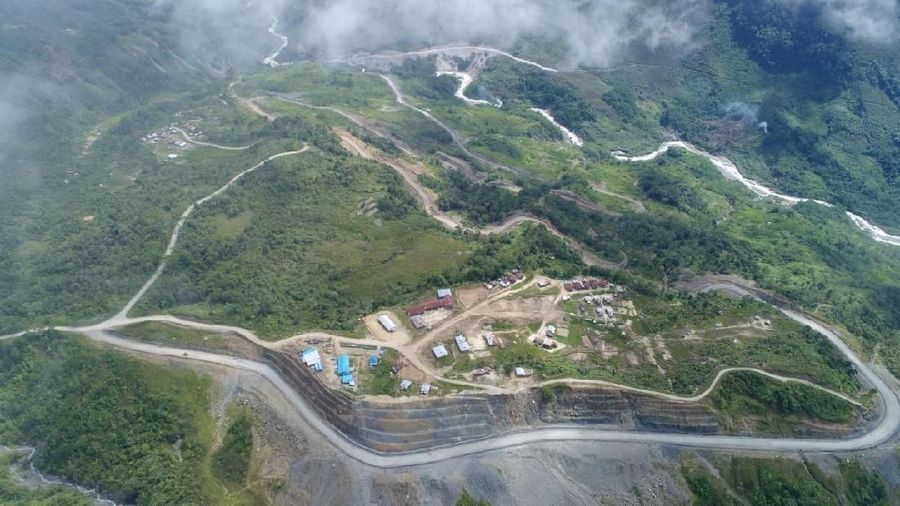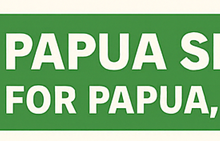Amid ongoing national development efforts, prominent local figures in Papua are calling for broad support for People’s Mining and the Family Economy as the foundation of local economic self-reliance. Community-run mining, practiced traditionally by indigenous Papuans, is increasingly recognized for its potential to strengthen family livelihoods without sacrificing cultural values or environmental integrity.
Yonas Wenda, a respected community leader from the Central Highlands, emphasized that people’s mining should not be viewed as illegal activity when managed wisely and in accordance with local wisdom.
“We have been mining gold and other resources for generations. This is not just about income—it’s a cultural heritage that deserves respect and legal recognition,” he said during a customary forum in Wamena.
The Economic Potential of People’s Mining
Data from the Papua Energy and Mineral Resources Agency (2024) indicates that there are more than 11,000 active small-scale miners across Papua, including in Nabire, Intan Jaya, Yahukimo, and Boven Digoel. If managed legally and sustainably, these mining activities could contribute up to IDR 1.2 trillion annually to the regional economy.
Meanwhile, the Ministry of Cooperatives and Small Enterprises reports a growing trend in family-based economic activities, including small-scale livestock farming, local agriculture (such as tubers, coffee, and sago), and traditional crafts. The “Independent Papua” program, launched earlier in 2025, aims to establish 3,000 family cooperatives connected to both digital and offline markets.
Voices from Academia and the Church
Dr. Elisa Pakage of Cenderawasih University believes that people’s mining and the family economy offer a concrete solution to economic disparity in Papua.
“We cannot rely solely on large-scale external investment. The true strength of Papua’s economy lies in community-based, culturally-rooted enterprise,” she explained.
The Evangelical Christian Church in Papua (GKI) has echoed this sentiment, urging support for mining practices that uphold ecological and social justice. In a pastoral letter issued in May, GKI called on the government to ensure that people’s mining is not excluded from national mining policy discussions.
A Call to Government and the Nation
Frans Mote, a youth leader from Timika, stressed the need for legal recognition and technical training for local miners to prevent criminalization.
“We need legal protection, not stigma. Papua’s youth can thrive through responsible mining and family-based enterprises if given the right support.”
With a growing spirit of independence, the people of Papua are now inviting all stakeholders—government, NGOs, religious institutions, and fellow Indonesians—to support the strengthening of people’s mining and the family economy. These sectors offer a realistic path toward a Papua that is economically self-sufficient, socially just, and environmentally sustainable.









